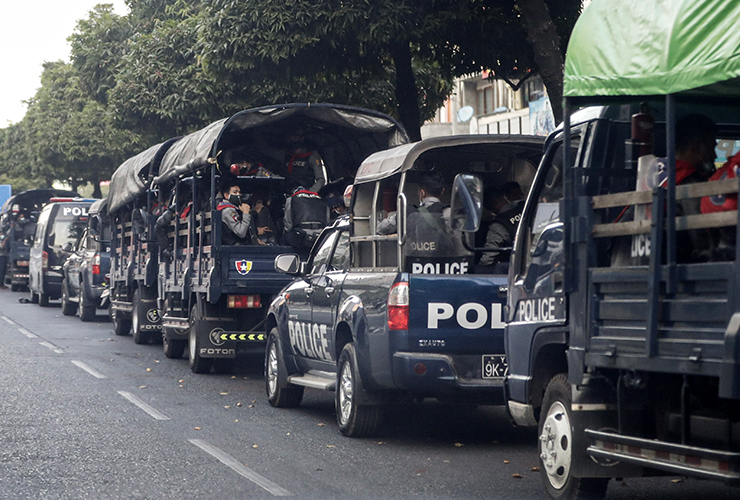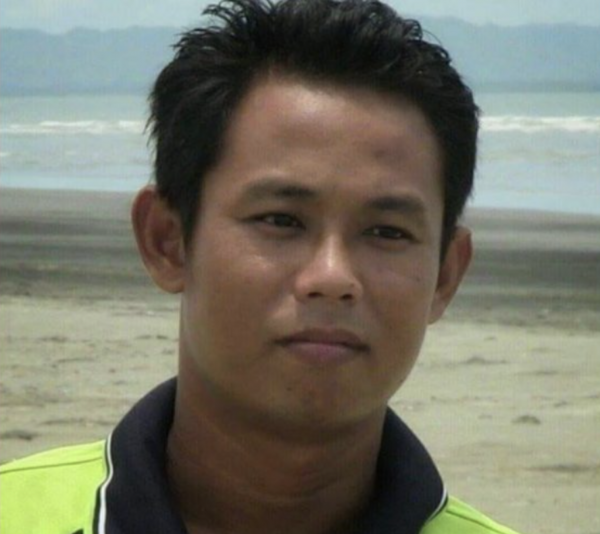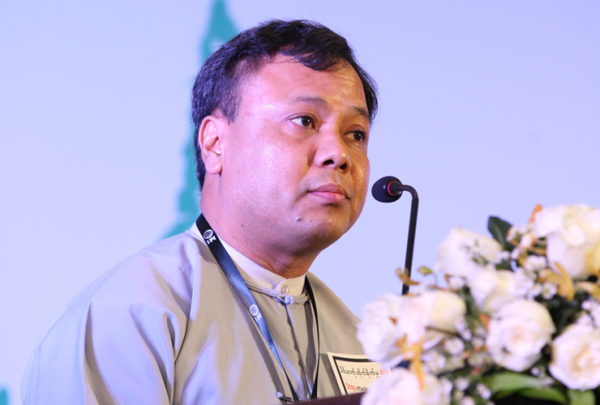The International Press Institute (IPI), a global network of editors, media executives and leading journalists for press freedom, stands in solidarity with its members in Myanmar and called for an immediate return to democratic rights amid Monday’s military coup d’état.
The military took over the reins of power on February 1, after detaining Aung San Suu Kyi, the leader of the National League for Democracy (NLD), and President Win Myint. A statement issued by the military said that power had been handed over to commander-in-chief Min Aung Hlaing because of “election fraud”.
“IPI and its global network of members stand firmly in solidarity with our members and the wider journalistic community in Myanmar who face a renewed crackdown as the military eviscerates the progress that Myanmar made in its return to democracy”, IPI Executive Board Chair Markus Spillmann said.
He added: “In 2015, IPI held our World Congress in Yangon as a sign of support for Myanmar’s newfound commitment to a democratic future and respecting freedom of expression. Today’s coup violates those commitments and severely endangers the right of the media to work freely and provide the public with independent information. The military authorities in Myanmar must immediately reverse course and the international community must stand up strongly and unequivocally for a democratic Myanmar that respects fundamental rights.”
During the 2015 World Congress, then-Information Minister U Ye Htut, a director-general at the ministry during the military dictatorship, told participants that Myanmar’s transition to democracy was „irreversible“.
Despite such promises, press freedom in Myanmar has witnessed a rapid decline in the past few years. In 2017, two Reuters journalists were arrested on charges of violating the Official Secrets Act. Wa Lone and Kyaw Soe Oo spent over 600 days in prison before being released on May 7, 2019 as part of a larger amnesty.
Last year, Nay Myo Lin, editor-in-chief of the Voice of Myanmar, based in city of Mandalay, was arrested by authorities at his home on March 30. More recently, two Rakhine state journalists working for the Development Media Group, deputy editor Nay Win San and reporter Hnin Nwe, were arrested on January 22 under the telecommunications law for an article published online by the Development Media Group on January 10.
International condemnation
Media reports said that Suu Kyi has called on her supporters to protest against the coup and not to accept the military rule. In a statement she said: “The actions of the military are actions to put the country back under a dictatorship…I urge people not to accept this, to respond and wholeheartedly to protest against the coup by the military.”
Soon after the coup, phone services and internet connectivity in major cities were down. The coup came hours before the new members of Parliament were to meet for their first session on February 1, following the November 8 elections in which the NLD secured 83 percent of the votes, defeating the military-backed Union Solidarity and Development Party.
The military had alleged widespread election fraud and filed cases before the Supreme Court against the president and the chair of the Electoral Commission. The military claimed that it had come across 8.6 million irregularities in voter lists in 314 townships that might have allowed people to vote multiple times. The electoral commission refuted the allegation saying it had not found any irregularities.
Over the past few days, the military had come under international pressure following reports that it was planning a coup. On January 30, the military issued a statement saying it would protect and abide by the constitution.
The coup has drawn widespread international condemnation, with the United States threatening to take actionagainst those responsible for it. European Council President Charles Michel demanded the immediate release of Suu Kyi. U.N. Secretary General Antonio Guterres expressed his grave concern regarding the declaration of the transfer of all legislative, executive and judicial powers to the military.



